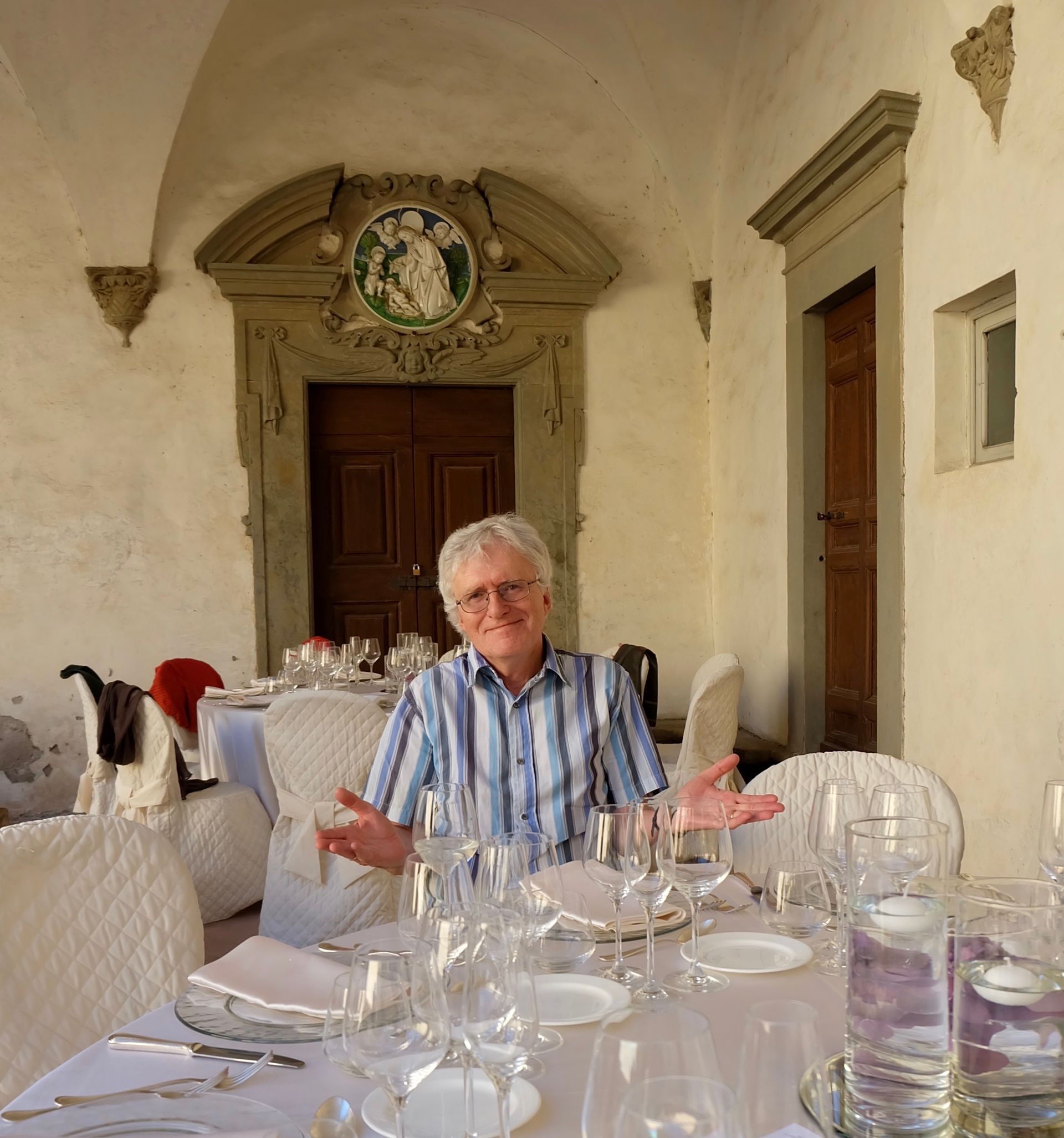Translating humour (without being too funny)
I’ve recently been faced with an unusual challenge related to the translation of humour: how to be un funny, or rather, how to translate bad jokes and catchphrases in all their punny, cheesy glory.
Humour translation is widely considered an especially tricky undertaking and it has been the focus of much of my research until now. Contrary to what some people think, humour can be translated. It sometimes requires creativity and reinvention, but then so do lots of other areas of translation.
Puns are perhaps the most obvious challenge. The fact that they depend on linguistic happenstance means that they often undergo significant re-elaboration in translation, even between related languages like Italian and English. (Or else they just get lost altogether, at least until the next translator comes along and inspiration strikes him or her at just the right moment.)
Cultural references pose problems of a slightly different kind. A lot of what we laugh at is founded on shared knowledge and culture – a character type we recognize (Albanese’s Cetto La Qualunque, for example), a kind of behavior we have experienced or participated in (numerous scenarios in Seinfeld ), or comments by public figures (any number of berlusconate , often blurring the line between comedy and tragedy).
Usually, of course, language and culture are both in the mix, and that’s when humour translation is most fun.
 My latest translation challenge is Nicola Lagioia’s Riportando tutto a casa
, which I’m translating for Einaudi. The novel depicts the lives of teenagers in 1980s Bari and is, among other things, a comment on the advent of commercial television in Italy. In one scene, the narrator remembers the arrival of the variety show Drive In
, which had him and his family, and the rest of the country, in paroxysms of unreflective laughter (‘the laughter that was to bury us all’). I can’t help but think of it as a kind of Hey, Hey, It’s Saturday all’italiana
(an association confirmed by the clips available online), but that’s not much help to my readers. For one thing, my translation needs to be accessible to people from a range of English-speaking countries and besides, why would a young barese be watching bad Australian
television? I definitely can’t change the cultural reference to this particular Italian television show because it’s important to the novel’s setting and its comment on contemporary Italy. I have to rely on the authors’ description of Drive In
’s tackiness, and my readers’ existing familiarity with bad humour, to carry the scene. Here’s what I’ve come up with (so far, this is a work in progress).
My latest translation challenge is Nicola Lagioia’s Riportando tutto a casa
, which I’m translating for Einaudi. The novel depicts the lives of teenagers in 1980s Bari and is, among other things, a comment on the advent of commercial television in Italy. In one scene, the narrator remembers the arrival of the variety show Drive In
, which had him and his family, and the rest of the country, in paroxysms of unreflective laughter (‘the laughter that was to bury us all’). I can’t help but think of it as a kind of Hey, Hey, It’s Saturday all’italiana
(an association confirmed by the clips available online), but that’s not much help to my readers. For one thing, my translation needs to be accessible to people from a range of English-speaking countries and besides, why would a young barese be watching bad Australian
television? I definitely can’t change the cultural reference to this particular Italian television show because it’s important to the novel’s setting and its comment on contemporary Italy. I have to rely on the authors’ description of Drive In
’s tackiness, and my readers’ existing familiarity with bad humour, to carry the scene. Here’s what I’ve come up with (so far, this is a work in progress).
“Hellooooo!” the thirty-something comic from Biella would say, bouncing from one side of the screen to the other, “I’m Mr Tarocò, with the accent on the q !” (and we would laugh), or in another role, “I’m Wanda Boast, and today we’re going to cook a roast to delight your toast-buds, I mean, taste-buds!” Or with a rubber prosthesis on his forehead and a fluttering white wig: “I’m Doctor Doodledoo, a highly acclaimed scientist: every morning I receive a claim for some bill I haven’t paid!” (and we would laugh). Then there was the middle-aged comic with his monologues: “Alright, let’s get this road on the show!” (and we, unbelievably, would laugh).
So bad it’s good? That’s what I’m aiming for.
Here it is in the original Italian:
«Saaalve! – diceva il trentenne di Biella saltellando da una parte all’altra dell’inquadratura, – sono mister Tarocò, con l’accento sulla q !» (e ridevamo), oppure, nei panni dell’imbonitore: «Asta Tosta! oggetti tosti per tutti i gosti, pardon, gusti …» (e ridevamo), oppure, con una protesi di gomma sulla fronte e un parrucchino di capelli bianchi svolazzanti: «Sono Zichichirichì, uno scienziato molto reclamato : infatti ogni mattina ricevo i reclami delle bollette che non ho pagato!» (e ridevamo), oppure, il comico di mezza età, in uno dei suoi monologhi di fine puntata: «Come si dice al mare: the show must gommon!» (e noi, incredibilmente, ridevamo).
You’ll notice various changes to the literal meaning and to the numerous cultural references, all necessitated by the change in language and readership, but hopefully the effect of the two extracts is similar. What is central to this scene, for me, is its message about a particular kind of comedy and about its consumption , presented here as harbingers of an abdication of critical responsibility and reflection by an all-too-passive audience. That’s what I sought to convey in my translation.








